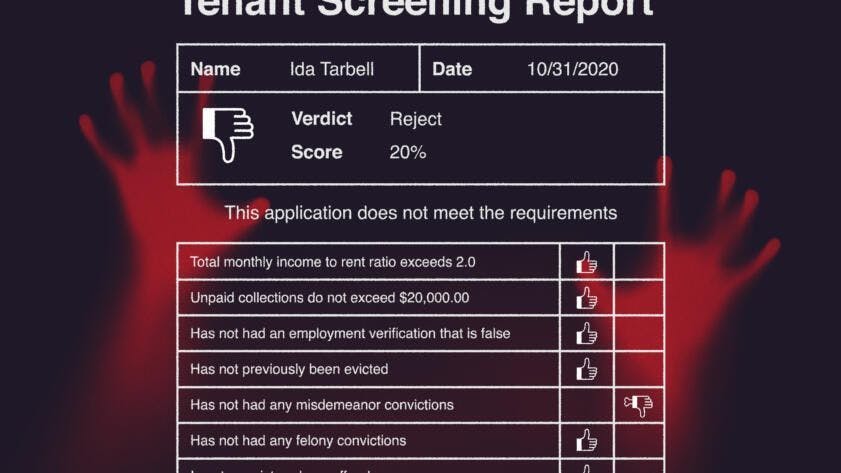906 reads
How Tenant Screening Companies Can Use Your Speeding Ticket Against You
by
September 2nd, 2021
Nonprofit organization dedicated to data-driven tech accountability journalism & privacy protection.
About Author
Nonprofit organization dedicated to data-driven tech accountability journalism & privacy protection.
